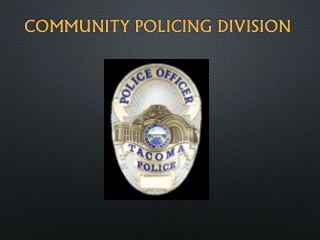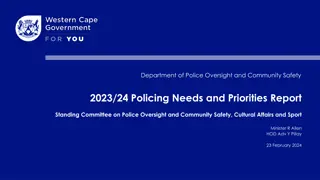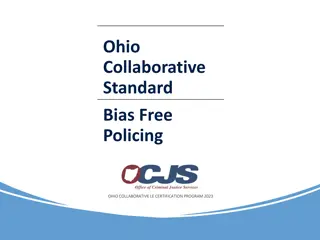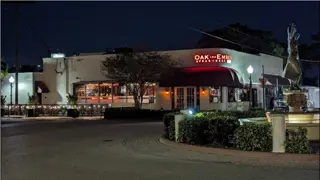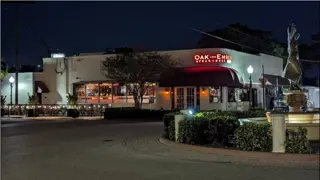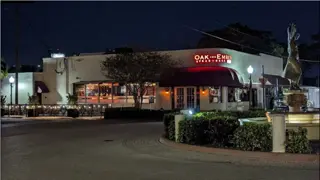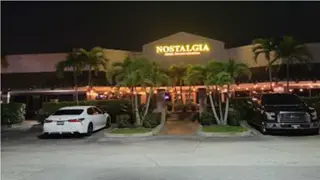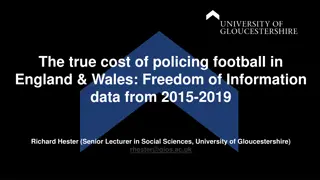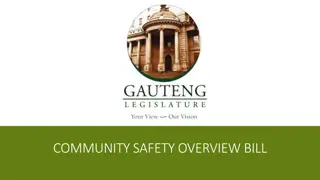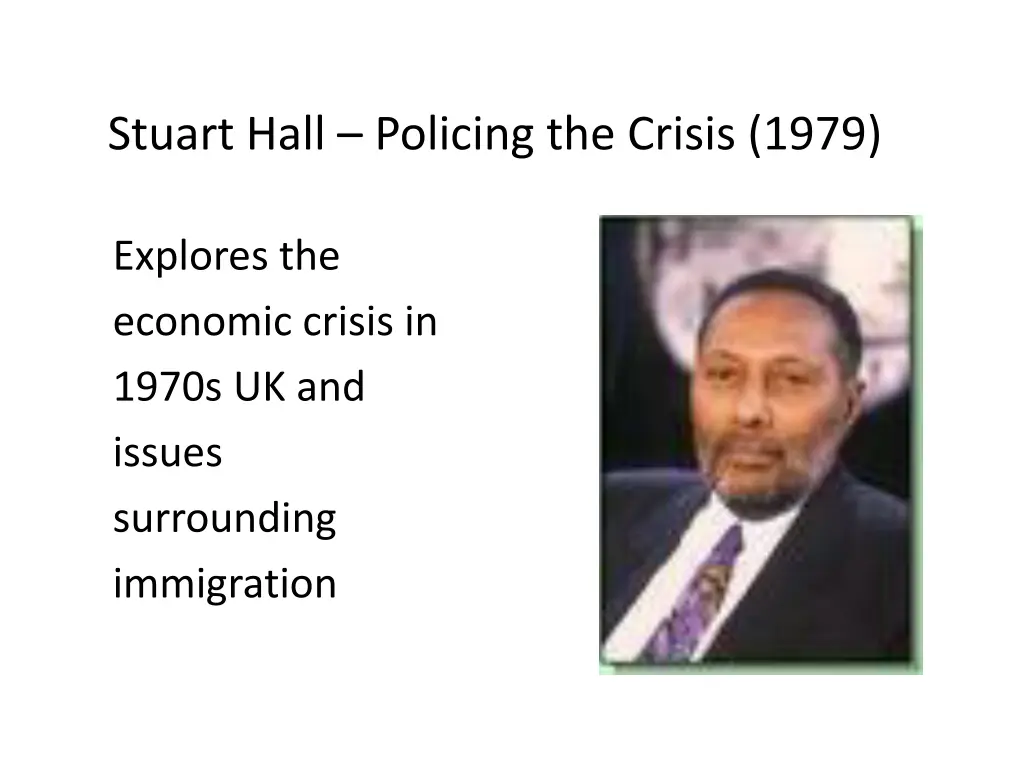
Understanding the Impact of Economic Crisis and Racism on Black Britons in the 1970s UK
Explore how the economic crisis in the 1970s UK led to rising racism, unemployment, and scapegoating of Black Britons. Stuart Hall's analysis delves into how structural racism and societal perceptions contributed to the challenges faced by the Black community, including accusations of abusing welfare benefits and facing poverty. The study also examines the deviance amplification cycle in relation to the mugging scare, highlighting the societal response to this perceived threat.
Download Presentation

Please find below an Image/Link to download the presentation.
The content on the website is provided AS IS for your information and personal use only. It may not be sold, licensed, or shared on other websites without obtaining consent from the author. If you encounter any issues during the download, it is possible that the publisher has removed the file from their server.
You are allowed to download the files provided on this website for personal or commercial use, subject to the condition that they are used lawfully. All files are the property of their respective owners.
The content on the website is provided AS IS for your information and personal use only. It may not be sold, licensed, or shared on other websites without obtaining consent from the author.
E N D
Presentation Transcript
Stuart Hall Policing the Crisis (1979) stuart_hall Explores the economic crisis in 1970s UK and issues surrounding immigration
Immigration and unemployment 1950s/60s UK welcomed immigrants from the Commonwealth to fill essential,low- paid, semi-skilled jobs. By the 1970s unemployment increased in UK. Black employees were first to lose jobs.
New jobs given to white applicants. Black workers seen as taking jobs and being blamed for the unemployment situation. Now they were being accused of abusing the welfare benefits system! A DOUBLE WHAMMY!
Rising Racism in UK Black Britons were blamed for the rising economic problems and poverty (SCAPEGOATS). Politicians like Enoch Powell began to make speeches against a multi-cultural Britain. Right wing (neo-nazi) parties were on the increase, like the National Front (NF)
The effects of structural racism Basically many Black Britons were now being socially outcast as scapegoats They were also facing poverty, due to unemployment (from losing jobs and struggling to get re-employed) Some of the unemployed turned to crime to survive ( a rise in street crime/muggings/ dealing)
In short.. Black crime was being driven by economic strain/poverty and not a symbolic resistance!
The Mugging Scare Hall applies the deviance amplification cycle to this issue. Society defined a new type of crime mugging (the media, police, judges and politicians) wanted this threat dealt with. THE STREETS WERE NO LONGER SAFE!
Mugging itself wasnt a new phenomenon. In Victorian England there were footpads who stole form people in the street. Hall notes that this crime was re-marketed, with a new image It fed into a moral panic designed to help people address their fears and concerns about the crisis in society.
Remember all those social problems and resistance Anti-Vietnam demos Gay liberation Women s movement Student protests IRA threats Trade Unions/Strikes
Hall argues In the early 1970s a crisis of hegemony (influence or authority over others) The working class were no longer in a state of false consciousness. Capitalism needed to regain control. The answer was to find a new way to regain order to identify a scapegoat to blame.
The scapegoat in the UK were young Black Britons ( a folk devil) The media stirred headlines that treated black muggers as the threat to social order ( a moral panic) Public wanted a solution (societal reaction) Inner cities were flooded with extra heavy handed police
Selective policing Aggressive STOP AND SEARCH Many arrests justified the policy. The public felt more at ease that the social problems were being dealt with.
So, overall Moral panic and heavy policing were linked to the social and economic crisis in capitalism. Black crime was happening because of poverty (and racism) caused by capitalism. The process of selective policing and moral panic fed a deviance amplification spiral.
Critique of Hall Downes (1988) - Hall is contradictory on the one hand they are doing more crime and on the other it s the fault of the police and media. - The link between moral panic and crisis in capitalism is weak. - Overemphasises police racism.

